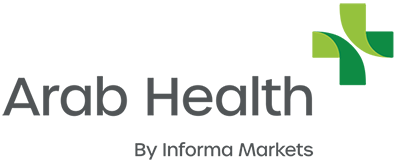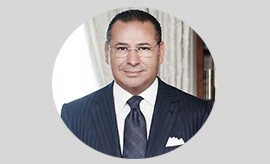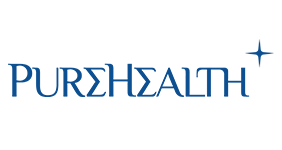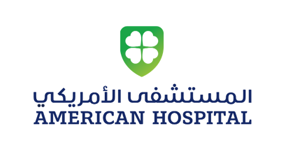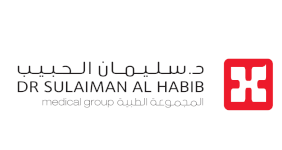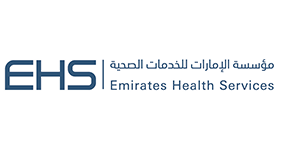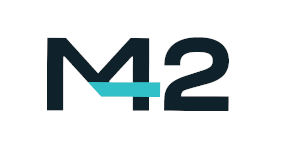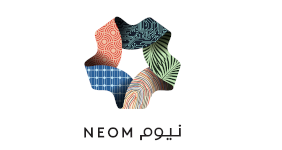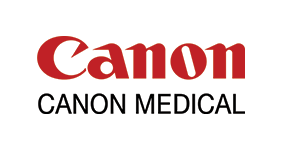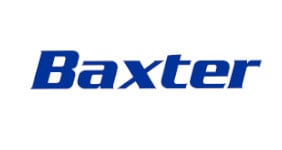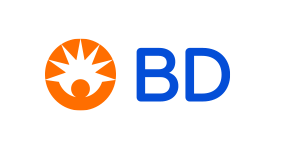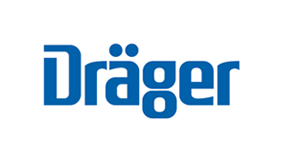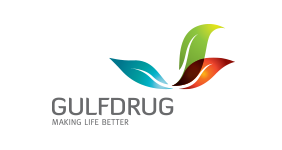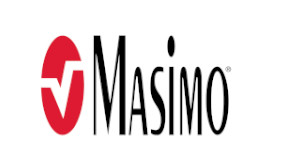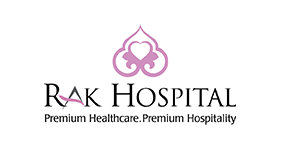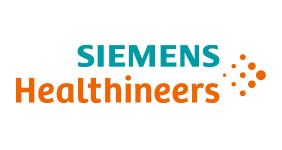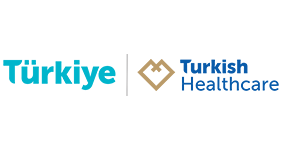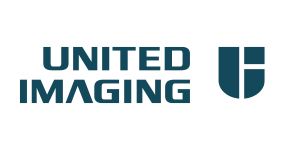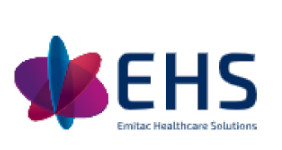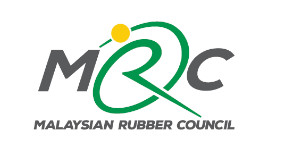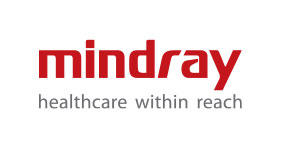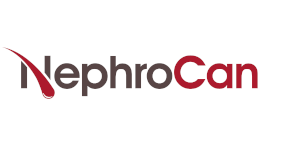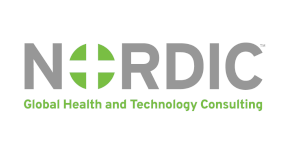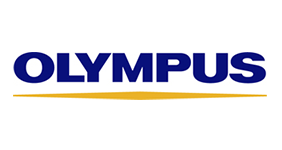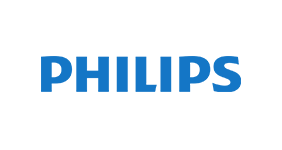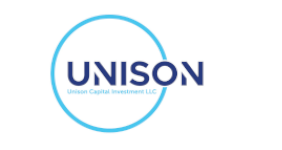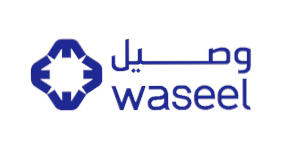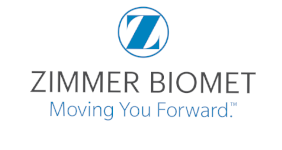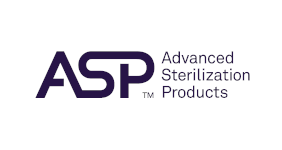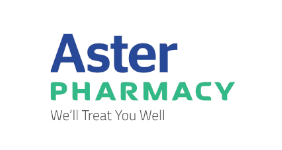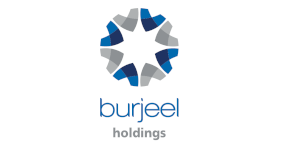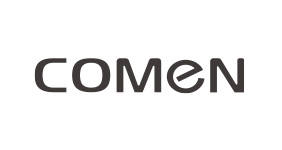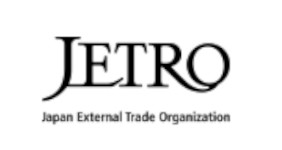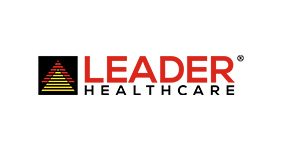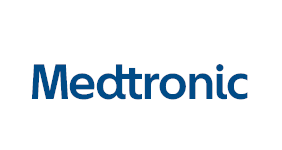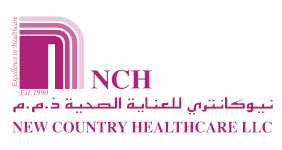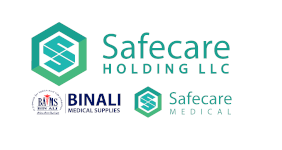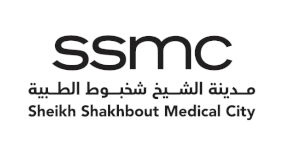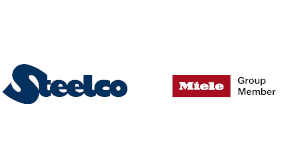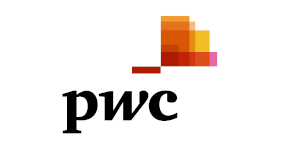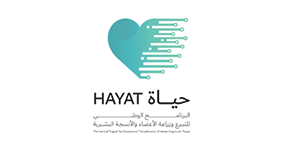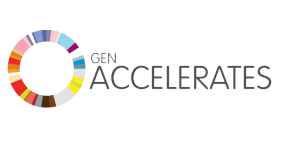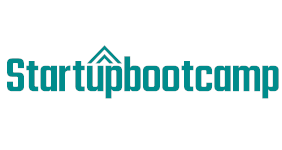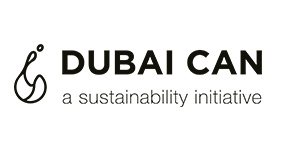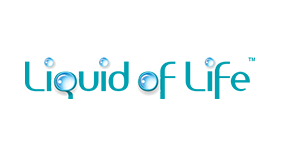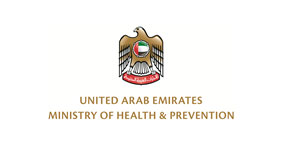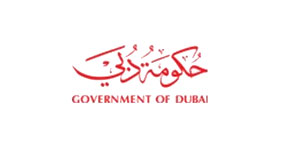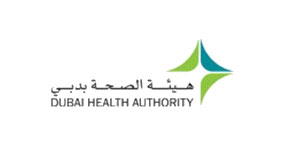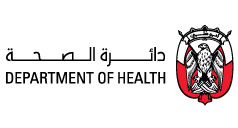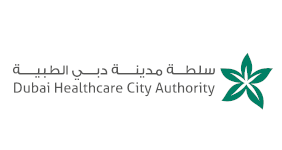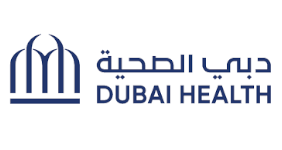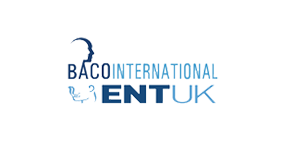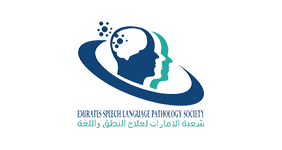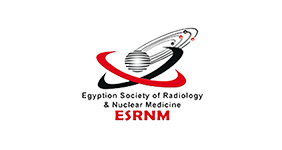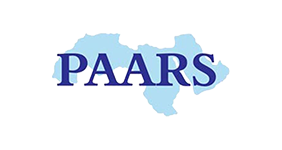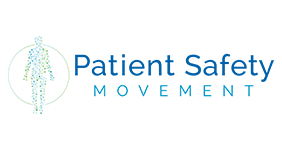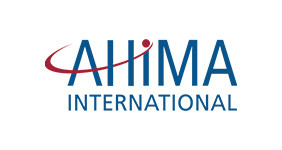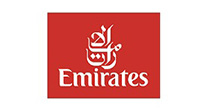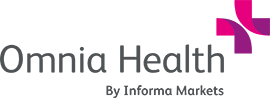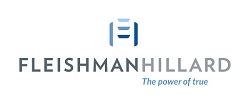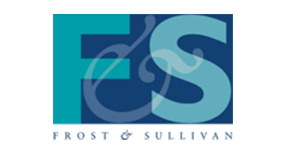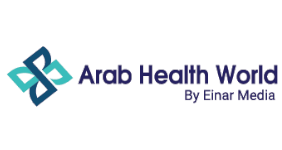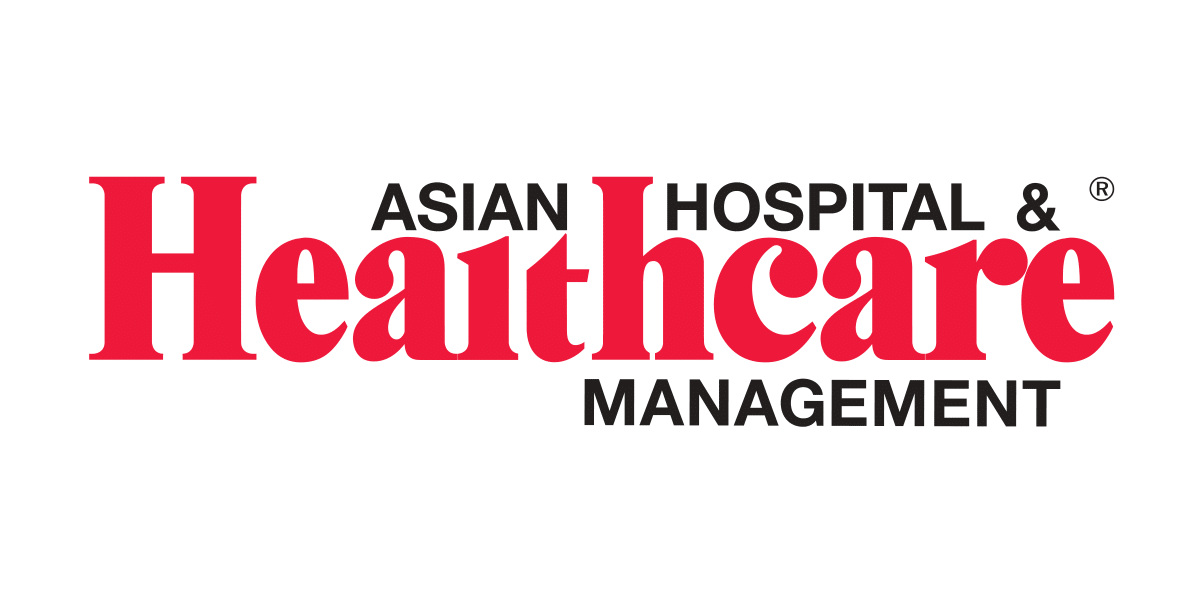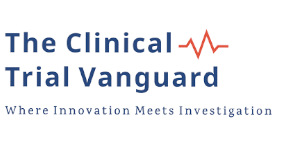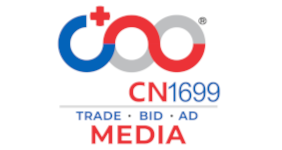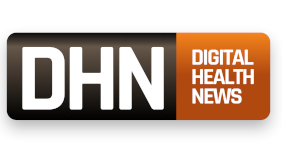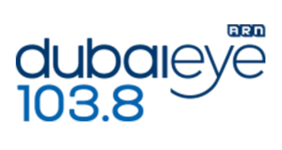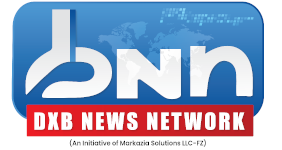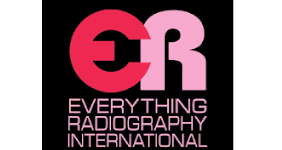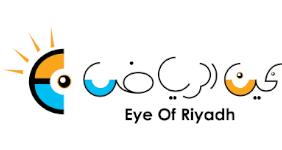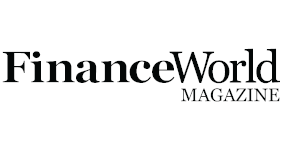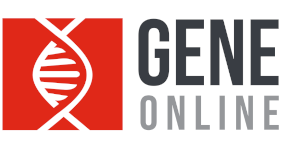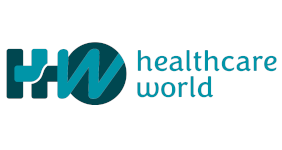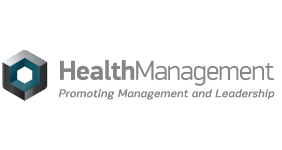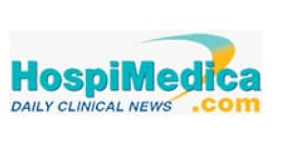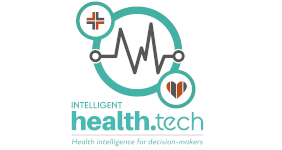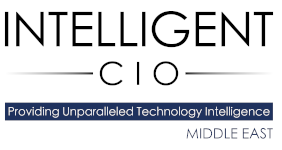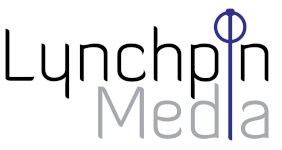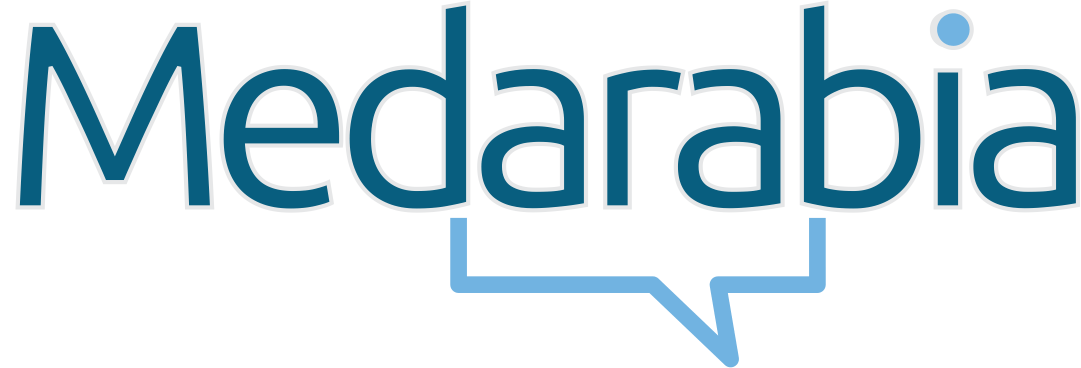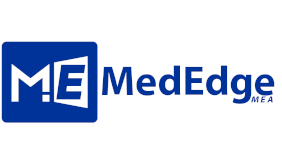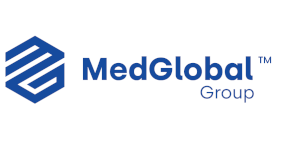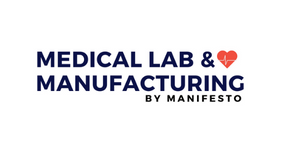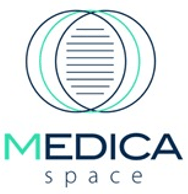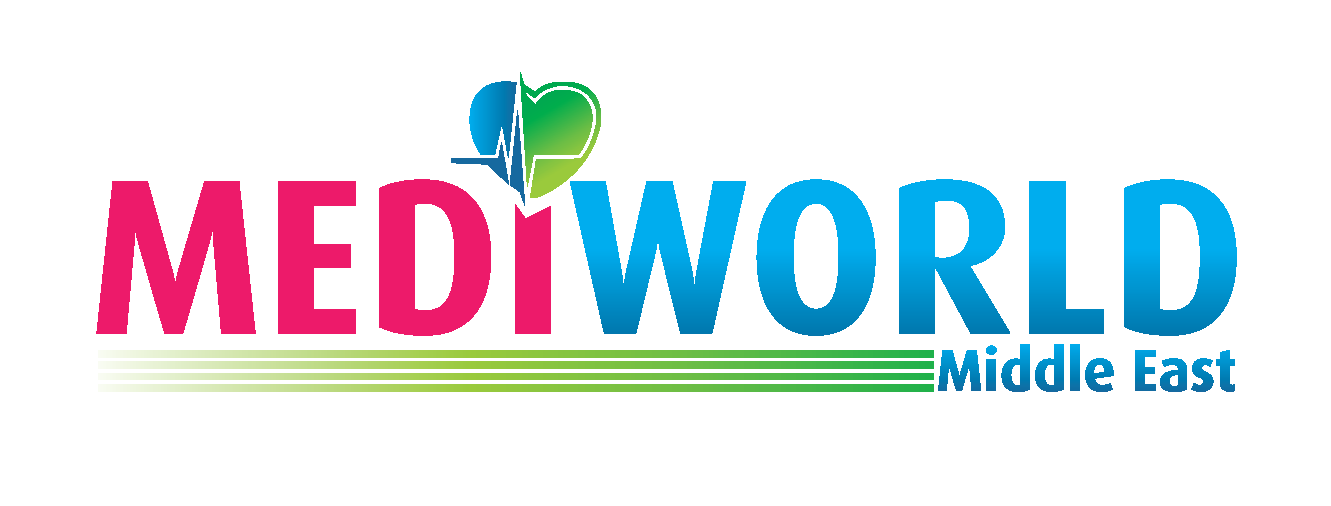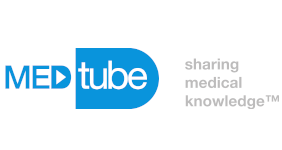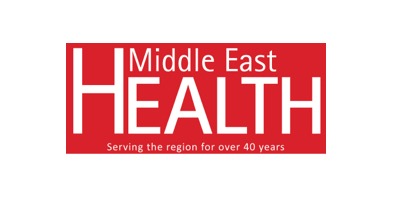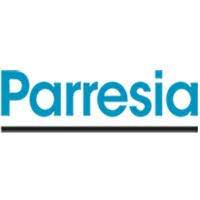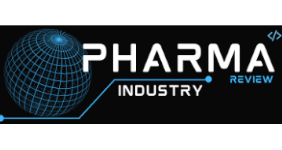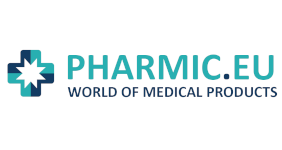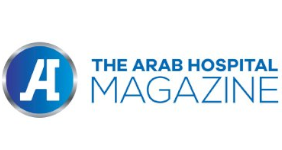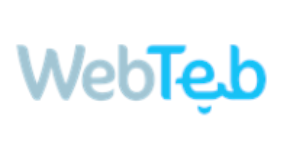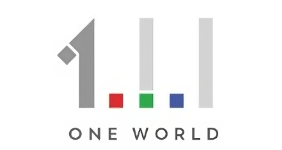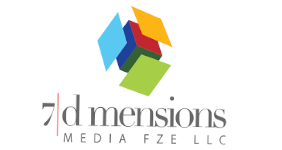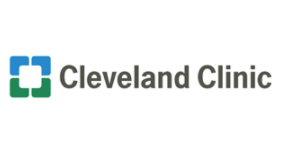The healthcare industry is being driven forward by the need for new treatments, new procedures, innovative technology and more efficient pathways that ensure every patient receives the best possible care believes Kamel Ghribi, Chairman, GSD Healthcare. He shares that the goal can be achieved when scientific academics and researchers collaborate with physicians. Ghribi says that this collaboration has allowed "GSD to create innovative treatments in cardiac surgery and in genetic therapies such as tailor-made stem cell medicine. It is now our principal aim to disseminate and share our medical innovations and knowledge throughout the MENA region."
What do you think is currently driving the healthcare industry forward, both in the Middle East and Africa region and globally?
As Chairman of GSD Healthcare (GSDH), which is part of the Gruppo Ospedaliero San Donato (GSD), I have come to realise that we are becoming a more and more important component of the Group. Founded in 1957, GSD has not only grown since to become the largest private hospital group in Italy; but is also among the first of the European hospital groups. Currently our group has 19 hospitals treating over 4.5 million patients each year.
In our experience, the most fundamental driver of the healthcare industry today is the peer sharing of innovative scientific R&D. Sharing medical and technical expertise facilitates the rapid development of state-of-the-art technology and avant-garde training techniques, which in turn, can be extensively tested globally. Such dissemination provides the medical world with the variables necessary to deliver the most advanced and targeted therapies to patients.
For example, GSD Healthcare brought an R&D and training programme to Dubai Healthcare City because we saw a cluster model of interconnected prestigious institutions such as the Dubai Healthcare Authority and the Mohammed Bin Rashid University of Medicine and Health Sciences. Having prestigious academic institutions, public authorities, the financial sector and other esteemed entities in such close proximity, creates a critical mass that allows a long-term drive in innovative technology and treatments.
In much the same way, GSD and its flagship San Raffaele University Hospital in Milan combines vocational training with scientific R&D, medical technology development andinnovative treatment therapies that have made the hospital a point of reference in Europe.
What current trends do you see specifically in the UAE healthcare industry and what do you see as the growth areas going forward?
Quite simply, we believe that the healthcare industry is being driven forward by the need for new treatments, new procedures, innovative technology and more efficient pathways that ensure every patient receives the best possible care.
In order to achieve such a goal, it is of fundamental importance that scientific academics and researchers work together in collaboration with medical professionals - specifically physicians - within the context of a clinical unit.
By adopting such a strategy, GSD has been able to create innovative treatments in cardiac surgery and in genetic therapies such as tailor-made stem cell medicine. It is now our principal aim to disseminate and share our medical innovations and knowledge throughout the MENA region through the vehicle of locus training, which also provides an ideal platform for the exchange of medical data and information.
What are the major healthcare market segments that are likely to expand, and why is this so?
As a leading healthcare provider, we are striving to create and improve upon the health of the region; this was our fundamental motivation for coming to Dubai, as it presented a long-established fulcrum of healthcare excellence.
Ongoing investment is critical if we are to create an environment of continuous learning and medical excellence, both of which are crucial if we are to meet our objectives. We would also like to make advances in the development of local clinical and managerial leadership in healthcare.
What, according to you, are some of the practical steps the region can take to improve their national health systems?
I think that lately we have witnessed a perceptible push towards making patients’ lives easier. This is the result of treatments becoming more technological and more AI oriented. At GSD, we are interested in channelling resources into projects that will help drive us towards the goal of seeing patients receive treatments
in the comfort of their own homes.
Nano-technology is still in its infancy, as is tele-medicine; however, it our firm belief that they hold the key to the future of healthcare.
As a company closely associated with Arab Health for the past several years, how would you evaluate the impact of the event on the healthcare industry in the MENA region?
At GSD we believe the impact Arab Health has, both within the healthcare industry and the MENA region as a whole, is inestimable. The Forum not only brings global focus to the MENA area but also facilitates discussion through dynamic interaction among experts in each given field of healthcare services as well as providing an arena to showcase pioneering healthcare technology. Furthermore, it goes beyond the headlines and demystifies what is frankly a very complex sphere through demonstrations and presentations.
How important is innovation in healthcare? What are the technological, medical and strategic innovations that your company brings to the healthcare arena?
All MENA region countries are going through radical health system reforms taking their lead from the EU and U.S. Now, more than ever, there is an urgent need to develop healthcare solutions at local levels. Specific regions must now have access to and develop medical solutions that have been proven to work, but nonetheless need to be adapted and individualised to accommodate the diversity of the local context, in terms of both ethnicity and the special requirements dictated by individual differences within groups of patients.
The groundwork has been done and consultations among parties made, so we feel that now is the time to establish serious partnerships with players who are willing to transfer, invest and implement the new technological, medical and strategic innovations that are waiting to be seized.
Italy and other EU nations that have national healthcare services based on a public system of national insurance contributions, as well as other part public part private systems based on social health insurance, as seen Switzerland, tend to be the most likely candidates to support healthcare provision innovation, since the MENA region systems are essentially public models.
What new products or innovative technology will you be showcasing at Arab Health 2019?
This year GSD will present Arab Health with a new approach towards the provision of training - that is to say, tailor made training workshops and courses.
Indeed, we believe that the true value of training can only be fully realised through expert led hands-on training carried out in small groups. Practice can only be enhanced and honed in any given field of medicine when tailored to the specific procedures that are being performed.
It is no longer enough to offer open courses, as they are not designed to provide dedicated services and risk becoming generalised PowerPoint presentations. At GSD Healthcare, we build our courses according to the specifications and needs of the medical professional in question and deploy the services of internationally recognised physicians skilled at training teams for as little as two days right up to three weeks.
Over and above our highly skilled training services, we also offer internships in Italy, thus giving participants access to full training as well as real practice on the actual clinical cases present in our hospitals.
What is unique or new about the products you are presenting at Arab Health this year?
It has now become an undisputed fact that the quality of care received is not uniquely related to the quality of the physician. Therefore, GSD not only provides top medical practitioners and hi-tech therapies; we also provide Hospital Management courses in partnership with the prestigious Bocconi University in Milan.
Having unparalleled expertise in the field of comprehensive care provision we are in the sui generis position of having the resources and experience to train hospital management teams, thus helping to deliver a high-quality service to both patient and practitioner.
As a company closely associated with Arab Health for the past several years, how would you evaluate the impact of the event on the healthcare industry in the MENA region?
At GSD we believe the impact Arab Health has, both within the healthcare industry and the MENA region as a whole, is inestimable. The Forum not only brings global focus to the MENA area but also facilitates discussion through dynamic interaction among experts in each given field of healthcare services as well as providing an arena to showcase pioneering healthcare technology. Furthermore, it goes beyond the headlines and demystifies what is frankly a very complex sphere through demonstrations and presentations.
What, according to you, are the real benefits and opportunities available to healthcare and trade professionals to attend Arab Health?
Arab Health allows participants to get involved in new aspects of their profession as well as allows clinical professionals the chance to enhance their knowledge by providing them with an opportunity to see how all areas of medicine are constantly evolving.
It is a platform to highlight the importance of keeping up with the latest innovations, whether in the realms of diagnostic and treatment possibilities or the latest patient care guidelines and recommendations.
From a trade professional point of view, it allows colleagues to connect and given that in the future we believe fewer physicians will be caring for patients within a hospital setting, forums such as Arab Health will allow professionals to catch up and create networks of information exchange with professional counterparts who have different patient populations or practice settings.
